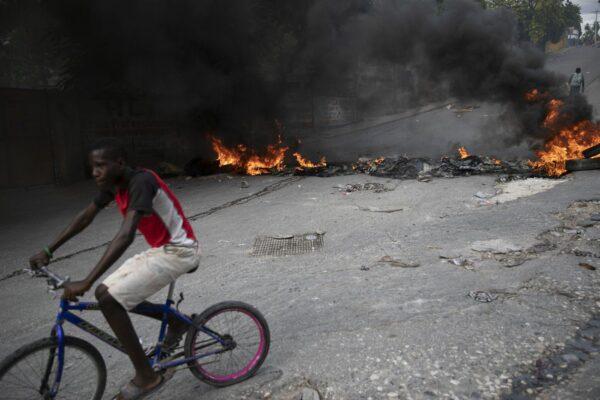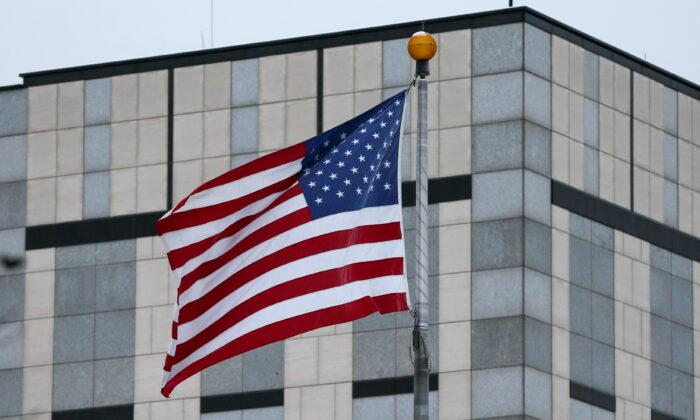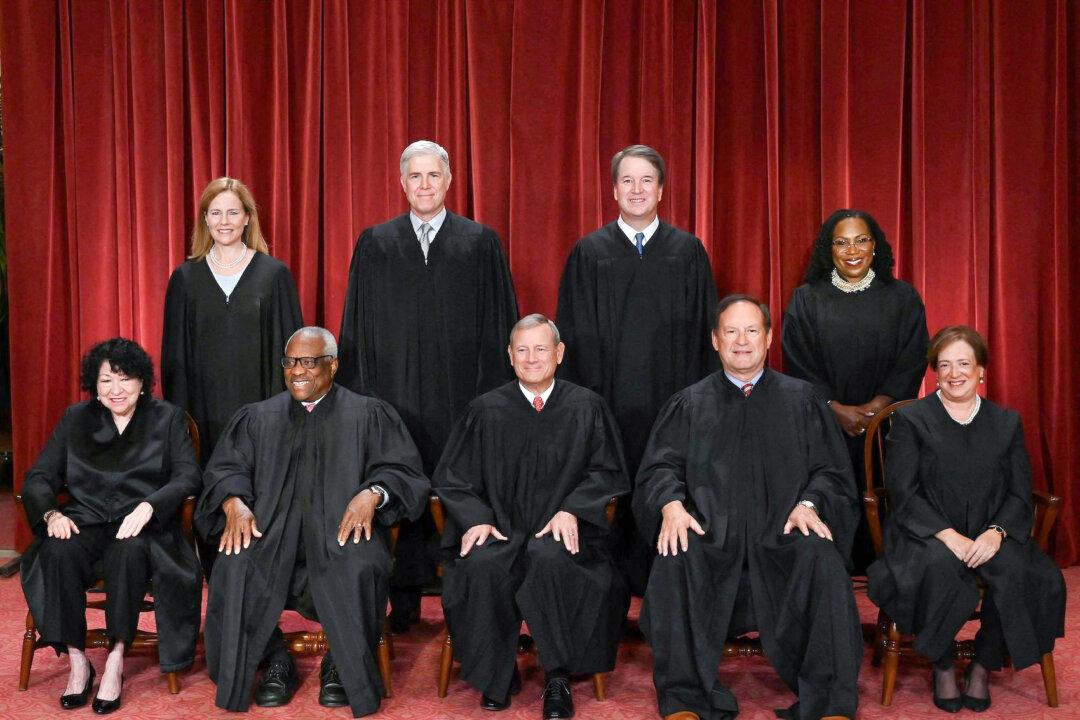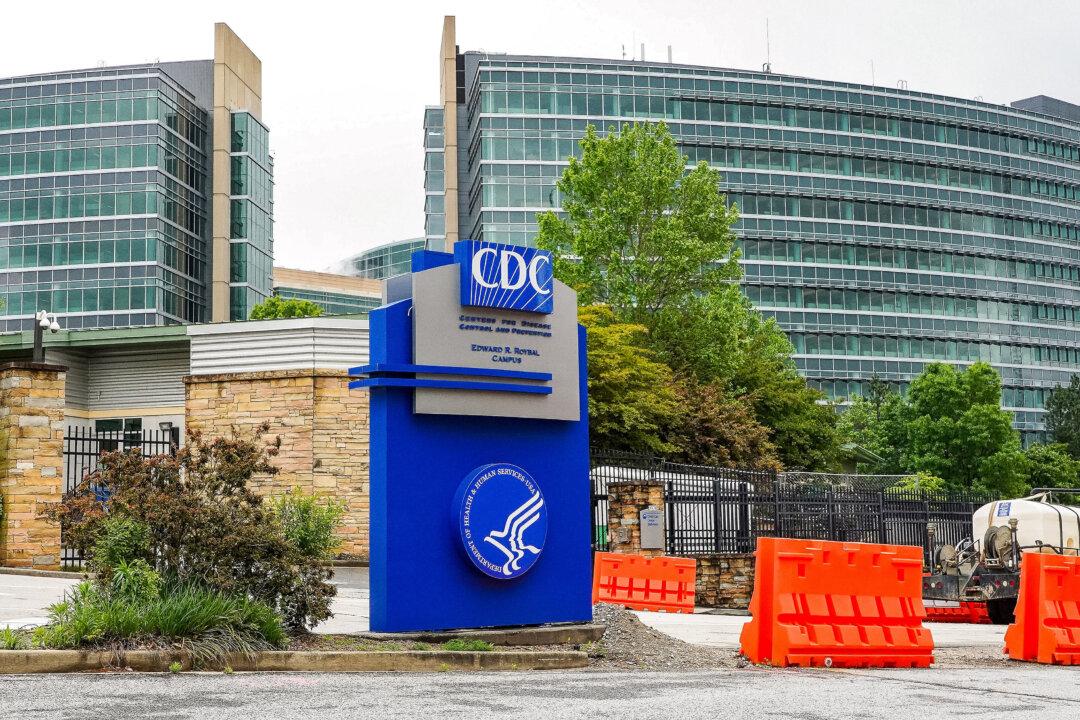The U.S. Embassy in the Dominican Republic issued a warning to “darker skinned” American citizens due to the island country’s immigration policies amid its attempts to curb illegal immigration from Haiti.
“Reports of disparate treatment of U.S. citizens by Dominican authorities are a matter of ongoing concern to the U.S. Embassy,” it added.
Other reports indicated that Dominican immigration agents have carried out “widespread operations” targeting illegal immigrants, namely those from Haiti or Haitian origin. Haiti and the Dominican Republic share the island of Hispaniola.
“In some cases, authorities have not respected these individuals’ legal status in the Dominican Republic or nationality,” the alert said. “These actions may lead to increased interaction with Dominican authorities, especially for darker skinned U.S. citizens and U.S. citizens of African descent. There are reports that detainees are kept in overcrowded detention centers, without the ability to challenge their detention, and without access to food or restroom facilities, sometimes for days at a time, before being released or deported to Haiti.”
The Dominican Republic’s Foreign Affairs Ministry told The Associated Press on Monday that it “profusely rejects” claims in the U.S. Embassy’s alert. The U.S. government has shown “no evidence” of any alleged human rights violations, the ministry also said.
“The Dominican government never could have imagined there would be such a harsh insinuation made about our country,” the ministry told AP.
Following the 2021 assassination of former Haitian President Jovenel Moise, the country has plunged further into chaos amid reports of armed gangs taking control over swaths of the impoverished nation. In response, the Dominican government has ramped up immigration controls and started constructing a border wall in some areas, according to reports.
Dominican officials said they deported 43,900 migrants, mostly Haitians, between July and October. In September and October alone, deportation figures shot up by about 50 percent, AP reported.
Venancio Alcantara, director of the Dominican Republic’s migration authority, also denied the U.N.’s allegations and said his agency allows minors to be “with their parents at all times.”

“All deportations are carried out with complete and absolute respect for human dignity and human rights,” Alcantara wrote in a statement Tuesday.
More Alerts
The alert comes as authorities in Mexico urged the United States to change its travel alerts to several states due to reports of kidnappings and violent crime.The embassy, in an August alert, warned Americans about an increased risk of kidnapping in some Mexican states amid a spike in cartel violence.
“U.S. citizens are advised to adhere to restrictions on U.S. government employee travel. State-specific restrictions are included in the individual state advisories below,” the notice said. “U.S. government employees may not travel between cities after dark, may not hail taxis on the street, and must rely on dispatched vehicles, including app-based services like Uber, and regulated taxi stands.”
U.S. government workers were also urged to avoid traveling alone or traveling in remote areas, the bulletin had said.





